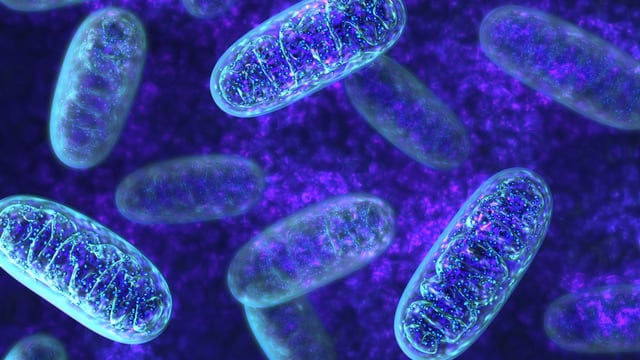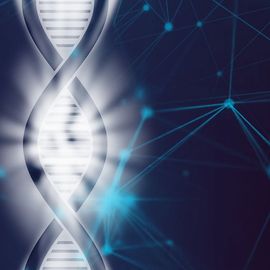Overview
- A rare genetic mutation in a mitochondrial microprotein called SHLP2 has been found to provide significant protection against Parkinson's disease.
- Individuals with this mutation, discovered by the USC Leonard Davis School of Gerontology, are half as likely to develop Parkinson's disease compared to those who do not carry it.
- The mutation results in a change to the amino acid sequence and protein structure of SHLP2, making the microprotein more stable and providing enhanced protection against mitochondrial dysfunction, a key factor in the development of Parkinson's disease.
- The SHLP2 variant specifically binds to an enzyme in mitochondria called mitochondrial complex 1, preventing the decline of the enzyme's activity and thus reducing mitochondrial dysfunction.
- The findings may guide the development of new therapies for Parkinson's disease and provide a roadmap for understanding other mutations found in mitochondrial microproteins.


